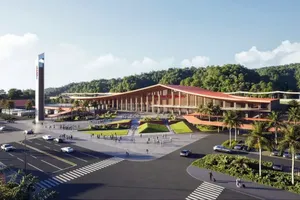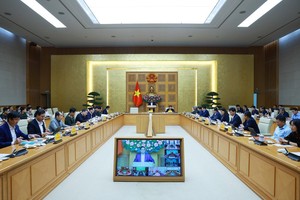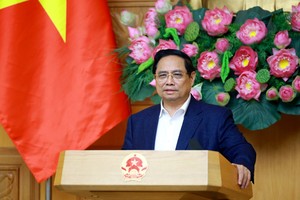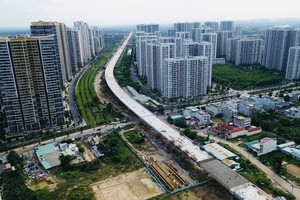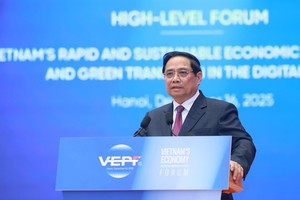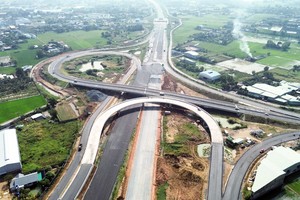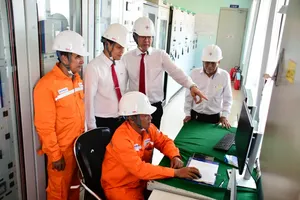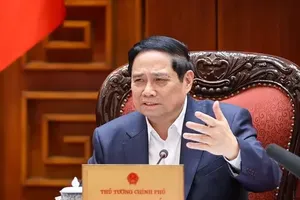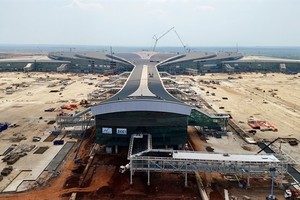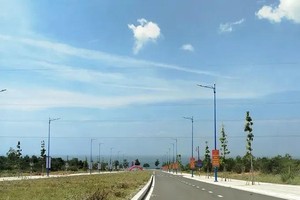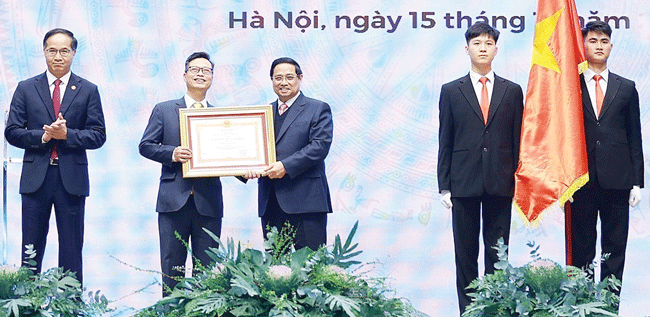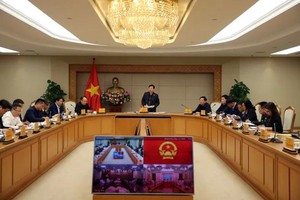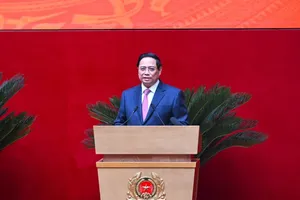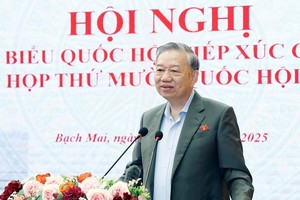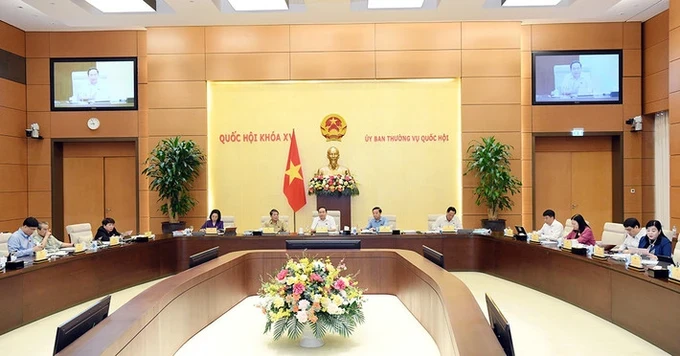
On the morning of November 3, the Standing Committee of the National Assembly had a working session to give opinions on some content for submission to the National Assembly.
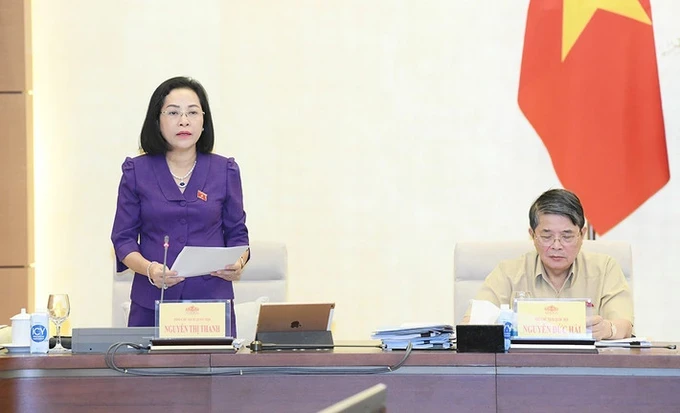
The working session was organized at the National Assembly House in the capital city of Hanoi, presided over by Vice Chairwoman of the National Assembly Nguyen Thi Thanh.
During the event, the Standing Committee of the National Assembly gave opinions on the investment policy of the National Target Program for Drug Prevention and Control until 2030.
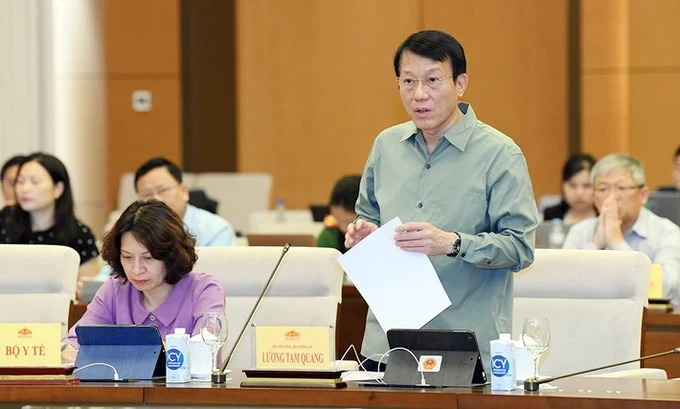
Presenting the proposal on the investment policy of the National Target Program for Drug Prevention and Control until 2030, Minister of Public Security Luong Tam Quang highlighted the increasingly complicated and serious drug situation in the world, the region and neighboring countries, which has been directly impacting and increasing the risks and pressures on drug prevention and control in Vietnam.
In the country, the number of drug cases, addicts and seized drugs have tended to increase over the years.
The number of drug addicts and illicit drug users remains very high among age groups and regions. Additionally, the number of communes, wards and towns with drug-related crimes nationwide has not decreased, accounting for 83.7 percent, added Minister of Public Security Luong Tam Quang.
Through investigation, the NA Committee for Social Affairs has been consistent on the necessity to submit to the National Assembly for consideration and approval of the Resolution of the National Assembly on the investment policy for the National Target Program on Drug Prevention and Control until 2030, based on the political, legal and practical criteria outlined in the proposal.
However, the Committee for Social Affairs proposed that the government continue to pay attention to reviewing and evaluating the appropriateness of the program with the network planning of drug rehabilitation facilities by 2020 and orientation towards 2030, along with the planning system according to regulations on planning.
Besides, it is essential to analyze specific objectives and propose appropriate solutions to ensure feasibility and achieve effectiveness; coordinate with relevant ministries and departments to continuously review, analyze, evaluate and clarify the contents and activities of target programs to propose mechanisms for integrating between policy and resource into contents and activities, ensuring cost-effectiveness.

